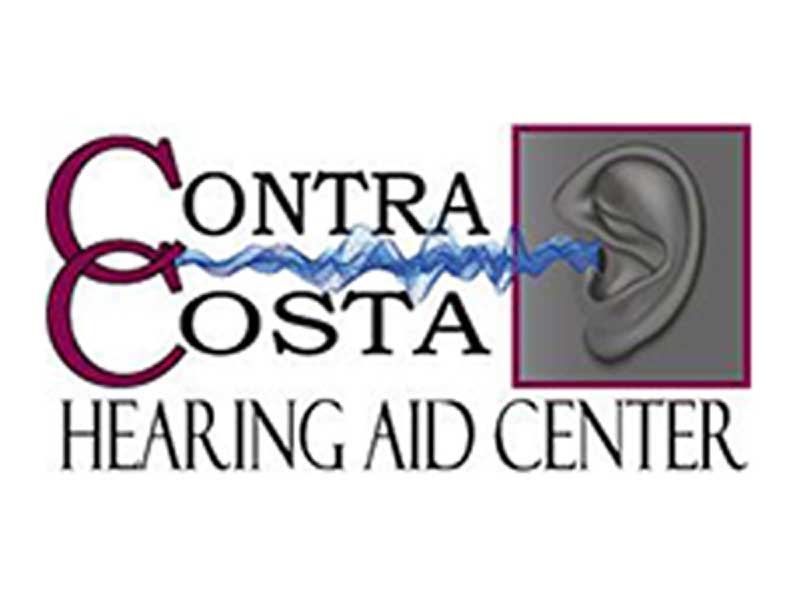“Should I replace or repair a broken hearing aid?” is among the more frequent questions we are asked. The truthful answer has to be, “That depends.” The question of whether to repair or replace depends on many factors, and the “right answer” is as individual as the people asking the question.
It’s worthwhile to state upfront, that all hearing aids, regardless of their initial price or quality, should be expected to stop working sooner or later. They operate, after all, in an environment (your ear canals) that is hostile to them because it contains cerumen (ear wax) and moisture. Ear wax is generated naturally, and we need it because it guards the lining of our ear canals, but it can “gum up the inner workings” of hearing aids; likewise, lingering water is normal after swimming or showering, but it too can damage hearing aids. Add to these two issues breakage (from unintentionally dropping the hearing aids and normal wear and tear (as internal tubing or components degrade), and you can safely bet that eventually your hearing aid will need either replacement or repair.
Likely the major thing you should consider when making the “replace or repair” decision is how you feel about your present hearing aids – do you like them, and the sound they produce? If you like them and are accustomed to the sound that they produce or really like the fit, repair could be the better option for you.
One more consideration, of course, is cost – new hearing aids might cost thousands, but repairing your existing hearing aids may cost only a few hundred dollars depending upon what is wrong with them. Countering this, however, some people have insurance coverage that will partly or fully cover the expense of new hearing aids, but which won’t pay for repairing them.
If you decide to go after a repair, the next natural question is “Should I take them back to where I bought them?”There are many added benefits taking them to a local hearing instrument specialist versus dealing with a distant repair laboratory directly. Ask yourself if you are qualified to assess whether a poorly performing hearing aid needs repairs versus cleaning? Are you able to figure out if your broken aid is capable of being repaired? Your local hearing professional can tell you what is in fact wrong with it and might be able to fix it on the spot. For hearing aid repairs that can’t be completed locally, your hearing instrument specialist will handle the shipping, paperwork and laboratory directions for you. Because they work in bulk with manufacturers, their pricing may be the same or better than you can get yourself.
More options are available to those who choose to replace their existing hearing aids. It is advisable to be open to new styles and technology acknowledging that anything different takes getting accustomed to. More recent hearing aid designs may have features that you are interested in, and can be finely adjusted to suit your unique hearing needs. So the choice whether to “repair or replace” is still yours to make, but hopefully this information will help you make it.
